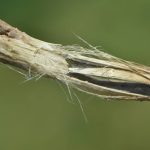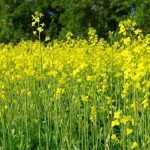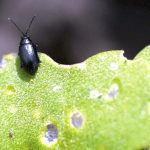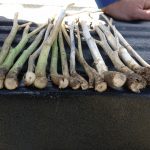
Tag Archives sclerotinia

Canola gets good news, bad news on sclerotinia fungicides
Sclerotinia samples show various levels of resistance against common fungicide chemistries, including some concerning results from Manitoba

Manitoba sclerotinia picture mixed for 2025
Variations in weather and crop development in this year’s Manitoba canola fields make blanket sclerotinia outlooks hard to pin down

Fall scouting for canola fungus
Harvest is the time to measure sclerotinia infection

Canola council arms against sclerotinia
To spray fungicide or not to spray? Canola Council of Canada may have the answer

New sclerotinia tool on offer
Tool launched by Xarvio for Field Manager platform

Wet conditions stoke sclerotinia fears
Wet weather means growers might be headed back to the trenches against the fungal disease

VIDEO: Beating back flea beetle pressure
This insect foe need not get the upper hand in your canola crop

Verticillium stripe symptoms
Is it verticillium stripe, blackleg or sclerotinia? Here are ways to find out

Verticillium gains ground on blackleg, sclerotinia in Manitoba
Survey numbers sum up Manitoba’s top canola disease issues last year

Genetic attack cutting edge of sclerotinia fight
Hacking messenger RNA can prevent fungal disease from propagating


